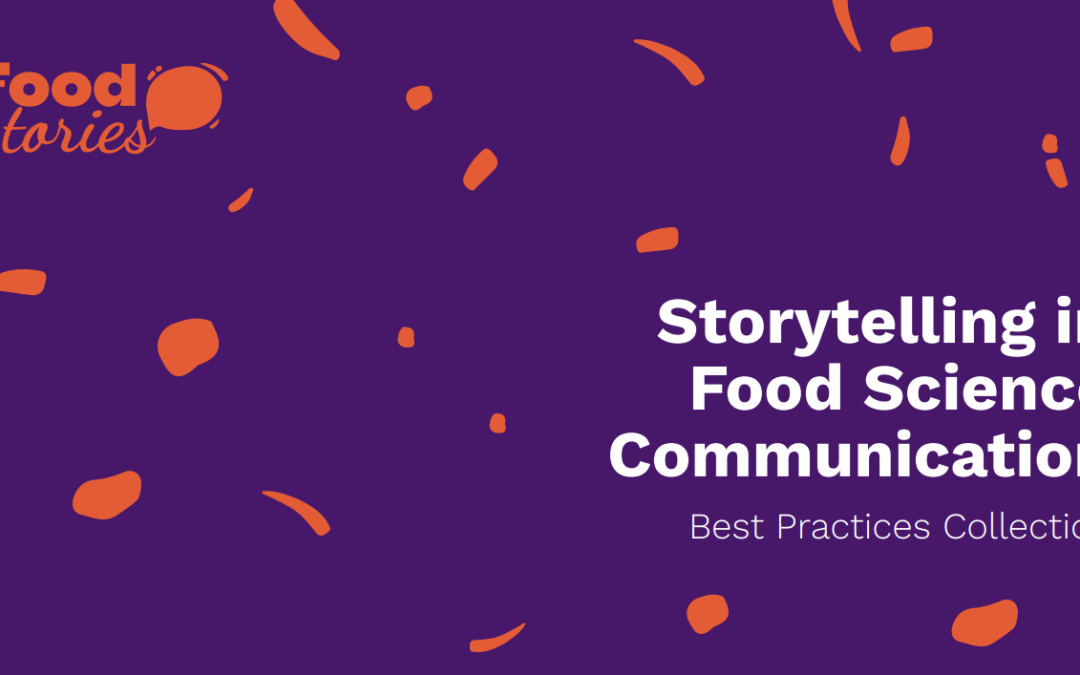The “Storytelling in Food Science Communication. Best Practices collection” handbook marks the initial achievement of the 3-year EU-funded ERASMUS+ project, FOODSTORIES.
The handbook aim is to motivate scholars and students to enhance their food science communication abilities using storytelling techniques. Within its pages, it is possible to discover 26 best practices demonstrating how storytelling can be effectively utilized in science communication across various situations and mediums.
The examples encourage to incorporate storytelling into science communication, making it more understandable and engaging for diverse audiences.
Indeed, while some scientists may perceive storytelling as incompatible with rigorous scientific inquiry, it is important to recognize its potential as a powerful tool for bridging the gap between complex research and diverse audiences. Stories can promote understanding, engagement, and inspiration. Additionally, narratives are associated with improved comprehension, retention, and reading speed. In essence, people absorb information more effectively when it is presented in narrative form.
FOODSTORIES project aims to enhance the capabilities of professors and universities in developing science communication curricula. This handbook serves as both a teaching resource and a tool for self-learning, whether utilized in its entirety or by exploring individual cases. As the FOODSTORIES project progresses, we will also create Flashcards, a Toolbox, and Masterclass webinars to expand on the handbook’s content, offering further support for its integration into teaching contexts.
FOODSTORIES project idea is from i-strategies. The project is implemented by project consortium of five international partners: Aarhus University (lead partner), European Food Information Council, University College of Dublin, i-strategies and Loba.
For more information about the project and to free download the handbook visit the website: https://foodstories-project.eu.

